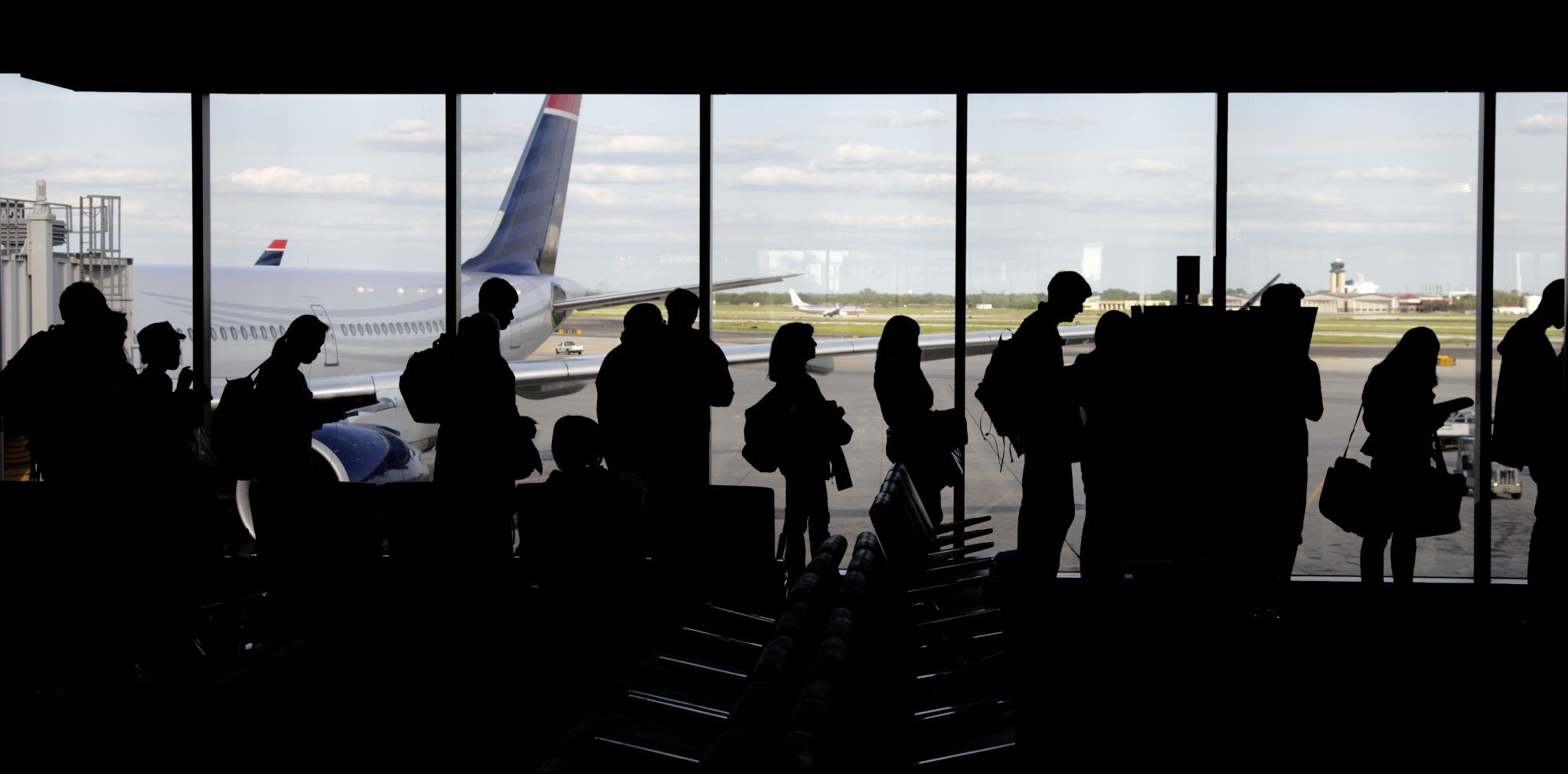
News

Share
7th April 2023
10:00am BST

 Nearly 13,000 patients were seen to on trollies or chairs last month. (Credit: iStock)[/caption]
Pressure is mounting on both sides of the border, with health officials in Enniskillen holding conference calls with Cuban officials over the possibility of receiving staffing help from the Caribbean nation.
Likewise, on the other side of the border, Donegal TD Thomas Pringle called on the coalition government to seek the assistance of the Cubans after Minister for Health Stephen Donnelly failed to respond to his concerns regarding staff shortages.
"If Ireland needs the collaboration of Cuba to strengthen its health system, we are in the best disposition to consider it. We have not received an official request in this regard (but) it is something we have discussed with deputy Pringle", the Ambassador remarked.
Despite no official approach from government being made towards the Cuban authorities yet, the HSE, which leans heavily on overseas doctors to staff hospitals, plans to attract GPs internationally to Ireland according to its service plan for this year.
[caption id="attachment_771910" align="alignnone" width="640"]
Nearly 13,000 patients were seen to on trollies or chairs last month. (Credit: iStock)[/caption]
Pressure is mounting on both sides of the border, with health officials in Enniskillen holding conference calls with Cuban officials over the possibility of receiving staffing help from the Caribbean nation.
Likewise, on the other side of the border, Donegal TD Thomas Pringle called on the coalition government to seek the assistance of the Cubans after Minister for Health Stephen Donnelly failed to respond to his concerns regarding staff shortages.
"If Ireland needs the collaboration of Cuba to strengthen its health system, we are in the best disposition to consider it. We have not received an official request in this regard (but) it is something we have discussed with deputy Pringle", the Ambassador remarked.
Despite no official approach from government being made towards the Cuban authorities yet, the HSE, which leans heavily on overseas doctors to staff hospitals, plans to attract GPs internationally to Ireland according to its service plan for this year.
[caption id="attachment_771910" align="alignnone" width="640"] Just shy of 60% of graduating doctors emigrated to Australia in 2022. (Credit: iStock)[/caption]
Just shy of 60% of graduating doctors emigrated to Australia in 2022. (Credit: iStock)[/caption]
 Due to overcrowding and staff shortages, many junior doctors are forced to work hours far in excess of their contract. (Credit: iStock)[/caption]
Following their graduation from medical school, junior doctors in Irish hospitals can work anywhere from 65 to 80 hours per week, in what is a gruelling introduction to the Irish health service.
However, down under, recent graduates can be regularly found enjoying a 37-hour working week with excellent pay rates and working conditions included.
The Irish health system not only forces junior doctors to work in understaffed environments but also moves their place of work every six months, a concern absent from life as a medical professional in Australia.
Last October, when asked whether he believed junior doctors' working conditions were much improved in Australia, Minister for Health Stephen Donnelly stated: "Treat all of this with a healthy degree of scepticism".
Related Articles:
Due to overcrowding and staff shortages, many junior doctors are forced to work hours far in excess of their contract. (Credit: iStock)[/caption]
Following their graduation from medical school, junior doctors in Irish hospitals can work anywhere from 65 to 80 hours per week, in what is a gruelling introduction to the Irish health service.
However, down under, recent graduates can be regularly found enjoying a 37-hour working week with excellent pay rates and working conditions included.
The Irish health system not only forces junior doctors to work in understaffed environments but also moves their place of work every six months, a concern absent from life as a medical professional in Australia.
Last October, when asked whether he believed junior doctors' working conditions were much improved in Australia, Minister for Health Stephen Donnelly stated: "Treat all of this with a healthy degree of scepticism".
Related Articles:
Explore more on these topics: